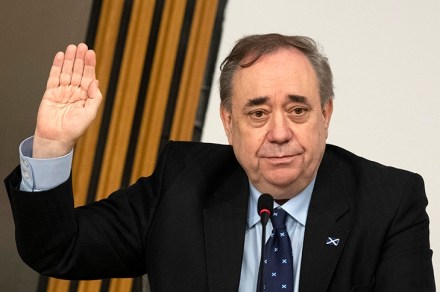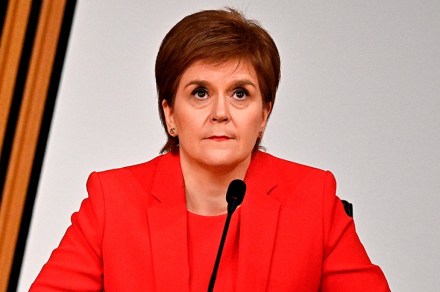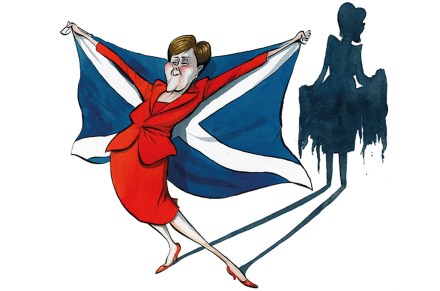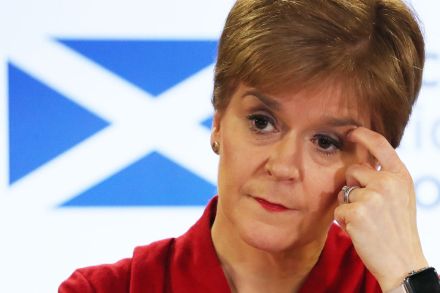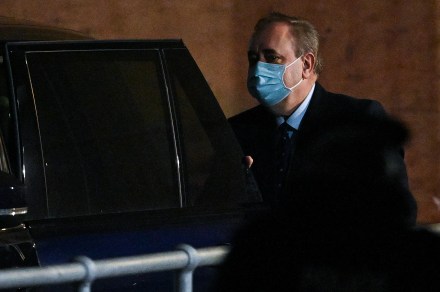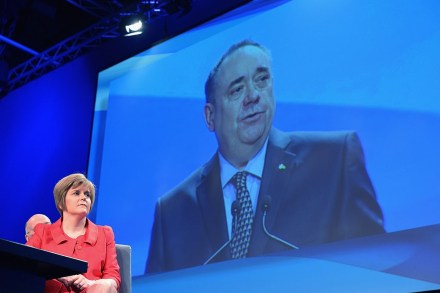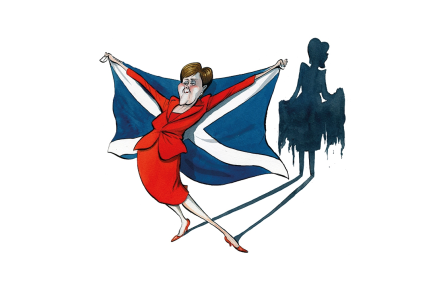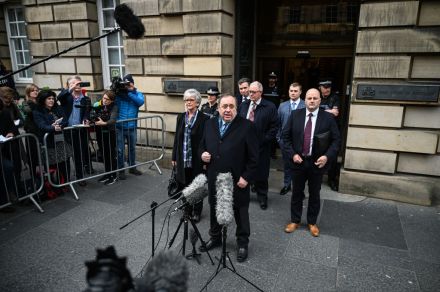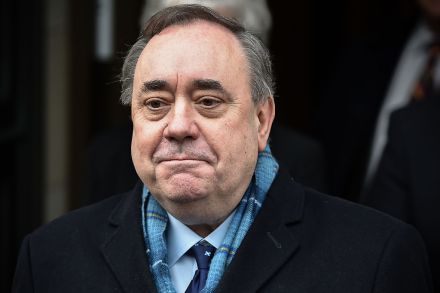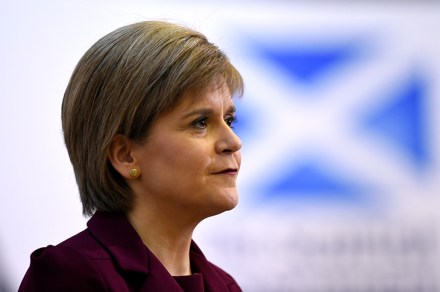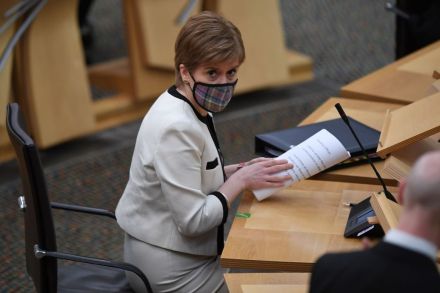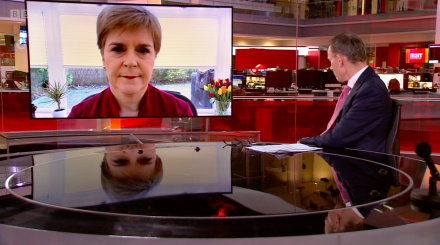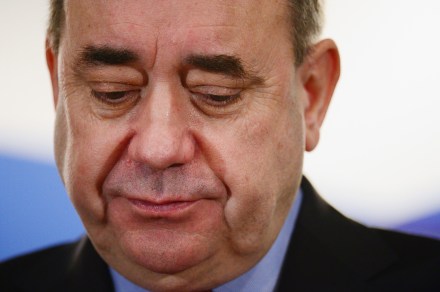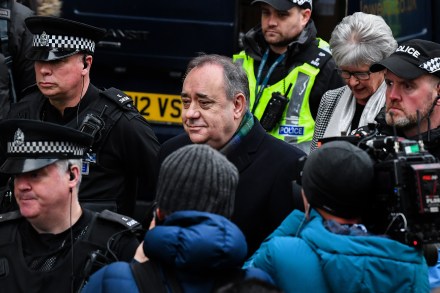Alex Salmond and the trouble with revenge
Ancient Greeks were not slow to express their enthusiasm for taking revenge. Observing the recent proceedings in the Scottish parliament, they would probably have concluded that Alex Salmond was of like mind. But will that revenge do him any good? Plato made Socrates define ‘justice’ as ‘rendering to each man what he is owed’, which another speaker amplified as ‘owing good to one’s friends and ill to one’s enemies’, a sentiment repeated across Greek literature. As a result, pure enmity was regarded as a perfectly good motive for revenge. The Greek orator Demosthenes once justified bringing a case against a man for tax evasion by pointing out that his opponent
